Transcriptional regulation and cellular strategies in neuroregeneration
Neurogenesis and gliogenesis are processes that occur during development of the CNS as well as after insult of the nervous system. These tightly regulated processes take place in specialized niches during embryogenesis and adulthood to generate functional cells, starting from defined progenitor cells such as neural stem cells (NSCs). During his PhD, Luca took a multifaceted experimental approach to better understand NSC biology both in vitro and in vivo. Transcriptional regulation is essential since the expression of specific genes is the key to control timing and fate of the differentiation process.
How do NSC work? In Luca Braccioli's thesis two NSC transcriptional regulators, Foxp1 and Sox4 are shown to be crucial for control of neurogenesis and gliogenesis respectively. Mutations in the Foxp1 gene have been associated with speech defects, autism and other intellectual disabilities, as well as being defined as necessary for neurogenesis. In the work presented in this thesis, Luca sought to define the molecular mechanisms mediated by Foxp1 that regulate NSC differentiation. Sox4 has been described as inhibitor of gliogenesis and myelination in oligodendrocyte precursor cells. In this context we investigated the role and molecular mechanisms underlying Sox4-mediated regulation of oligodendrogenesis.
Repairing brain damage. The use of cellular strategies to repair CNS insults has been widely investigated in recent years. During his PhD Luca further evaluated the therapeutic potential of NSCs and MSCs to treat perinatal hypoxic-ischemic brain damage (HI). Moreover, he examined the hypothesis of the use of exosomes as a cell-free alternative as a therapeutic option upon brain insults and HI.

